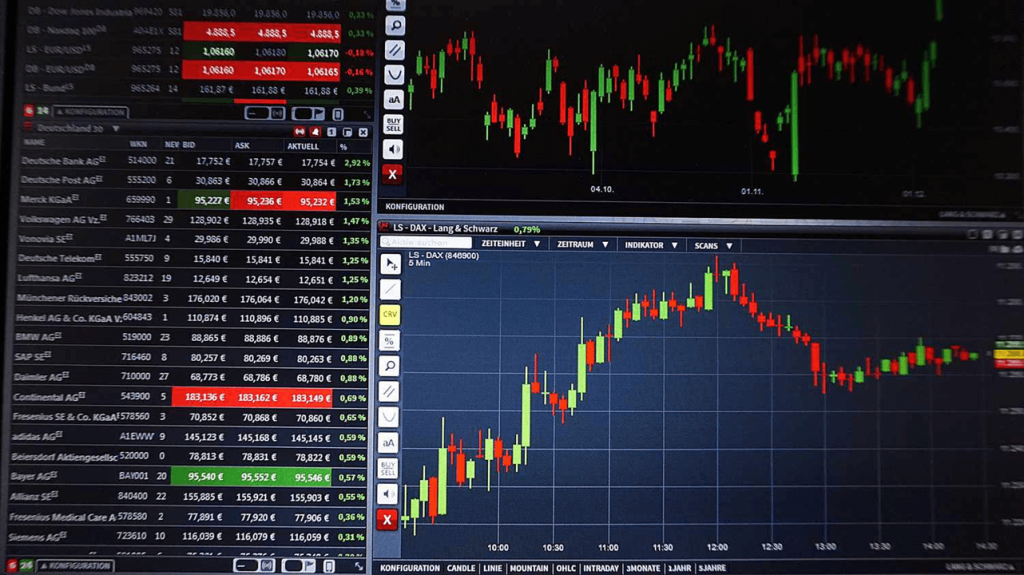Forex trading, also known as foreign exchange trading or currency trading, is the international marketplace for buying and selling currencies. It runs twenty four hours each day, five days a week, allowing traders to participate in the market from everywhere in the world. The principal purpose of forex trading is to make money from variations in currency change costs by speculating on whether a currency pair will rise or drop in value. Participants in the forex industry include banks, financial institutions, corporations, governments, and individual traders.
One of many critical options that come with forex trading is their large liquidity, meaning that big quantities of currency can be purchased and offered without somewhat affecting trade rates. That liquidity assures that traders can enter and leave jobs quickly, allowing them to take advantage of actually small price movements. Furthermore, the forex market is extremely available, with reduced barriers to access, enabling individuals to start trading with fairly small levels of capital.
Forex trading supplies a wide selection of currency sets to deal, including major pairs such as EUR/USD, GBP/USD, and USD/JPY, as well as slight and spectacular pairs. Each currency pair presents the exchange charge between two currencies, with the very first currency in the pair being the bottom currency and the next currency being the quote currency. Traders may benefit from both rising and falling areas by using long (buy) or short (sell) roles on currency pairs.
Successful forex trading takes a strong comprehension of essential and technical analysis. Fundamental analysis requires assessing financial indicators, such as fascination charges, inflation costs, and GDP development, to gauge the underlying energy of a country’s economy and their currency. Complex evaluation, on one other hand, requires examining value maps and habits to identify developments and potential trading opportunities.
Risk management can also be important in forex trading to safeguard against possible losses. Traders frequently use stop-loss requests to restrict their disadvantage chance and utilize appropriate place size to make sure that no trade may significantly impact their over all trading capital. Furthermore, maintaining a disciplined trading method and handling feelings such as greed and concern are vital for long-term achievement in forex trading.
With the advancement of engineering, forex trading has are more accessible than actually before. On line trading tools and mobile programs provide traders with real-time access to the forex market, allowing them to perform trades, analyze market knowledge, and handle their portfolios from any device. More over, the accessibility to educational forex robot methods, including lessons, webinars, and demonstration reports, empowers traders to develop their skills and boost their trading performance over time.

While forex trading offers significant profit possible, additionally it holds natural risks, such as the potential for considerable losses. Thus, it’s essential for traders to perform complete study, create a sound trading strategy, and continuously check market problems to create informed trading decisions. By sticking with disciplined risk management techniques and staying informed about global economic developments, traders may improve their chances of success in the energetic and ever-evolving forex market.
